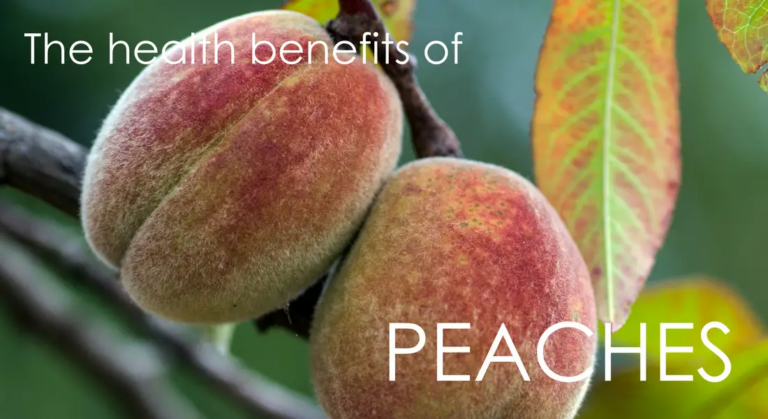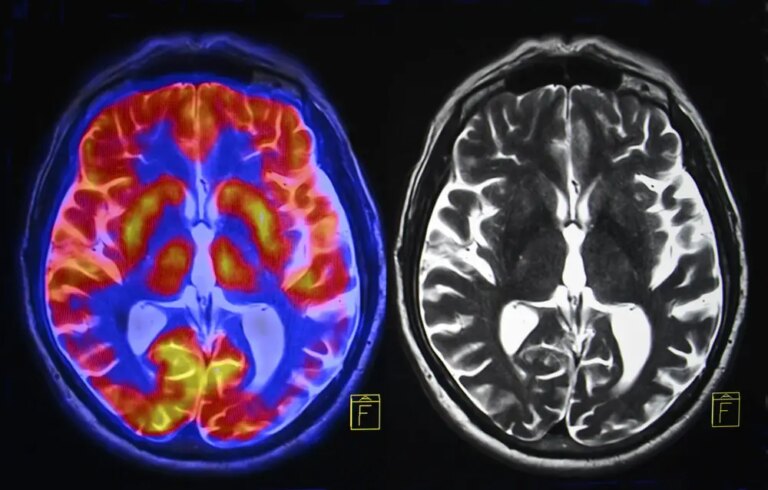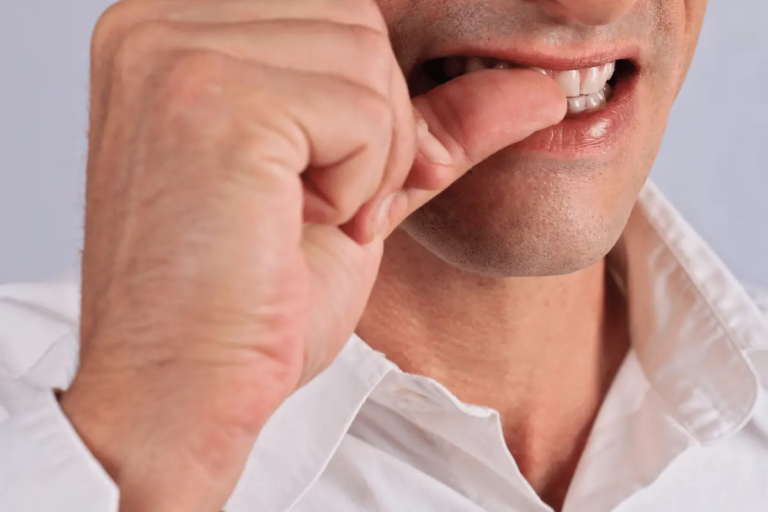There’s no denying it – relationships with food can be complicated. By reflecting on your current relationship with food, you can identify factors affecting your health and improve the role that diet plays in your life.
This is especially important if you feel like something is not right with your digestive system.
Gastrointestinal disorders can be very stressful and concerning – especially if there is no quick medical diagnosis. Stomach disorders have a huge impact on our quality of life and so can take a toll on our mental health.
Irritable Bowel Syndrome (IBS) is a common gastrointestinal condition that affects many people globally, leaving them feeling very unwell at times. People with IBS can have unexplained digestive issues and intolerances to certain foods, making it hard to lose or gain weight.
The main symptoms of IBS are;
- Cramping
- Bloating
- Gas
- Diarrhea
- Constipation
- Abdominal pain
- Mucus in stools. (1)
While the exact cause of IBS is unknown, it has been linked to factors such as food passing too quickly or too slowly through the gut, oversensitive nerves in the gut, and stress. IBS can be a lifelong condition that can be extremely frustrating to live with for those suffering from it.
Rigid thinking can prevent some people from exploring new diets. Although there is no cure for Irritable Bowel Syndrome, dietary changes coupled with medications can often help control the symptoms. (2)
To help control the symptoms of IBS, a low FODMAP diet is sometimes recommended by doctors. FODMAP stands for fermentable oligosaccharides, disaccharides, monosaccharides, and polyols. These are short-chain carbohydrates, or sugars, that the small intestine absorbs poorly.
People on a low FODMAP diet avoid all high FODMAP foods for 2-4 weeks, after which they can then gradually begin to reintroduce one group at a time. For people with IBS, this diet can help them understand which groups of foods trigger their symptoms and which foods are safe to eat.
A low FODMAP diet usually means avoiding foods that are high in fructose and lactose. You will also have to avoid certain fruits and vegetables as well as artificial sweeteners and starches. People who follow a low FODMAP diet typically avoid foods that are high in fructose and lactose. For example, a low FODMAP replacement for traditional white bread would be cornbread as it is low in starch and sugars. (3)
Unfortunately, as with everything in life, FODMAP or any diet at all is not a one size fits all solution. Even though many diets support good health and may help prevent symptoms of IBS, just because it worked for someone else does not mean it will work for you as well. It’s important not to give up the pursuit of relief even if a technique doesn’t work as you had planned.
So why exactly do food choices impact everyone so differently when it comes to IBS?
Studies have shown that three out of four Americans fail to eat the recommended amount of fruits, vegetables, and dairy each day while consuming too much sugar, saturated fat, and salt. While this routine is not healthy, it is also not the main problem when it comes to managing IBS.
Researchers are still trying to figure out why a low FODMAP diet helps some people while having little to no effect on others. (4)
A recent study published in the journal ‘Gut’ found that people with a specific gut bacterial makeup respond better to a low FODMAP diet. The researchers are hopeful that if these findings are validated they will be able to significantly benefit the IBS community and the way we look at elimination diets.
Doctors are now hoping that they will be able to use these findings and look for the specific gut bacteria profiles in people with IBS in hopes of treating them better. This will help them predict the best course of treatment for each individual IBS patient leading to customized disease management plans. (3)
Irritable Bowel Syndrome – A Spotlight Study
To investigate further, the authors looked at the gut bacterial makeup of people with IBS and then examined how it changed in response to following a low FODMAP diet. (3)
Subjects were recruited from outpatient clinics at Cambridge University Hospital in the UK via a social media campaign.
The researchers then assessed the bacteria profiles in stool samples of IBS patients who were on a regular diet. They also examined the bacterial composition of stool samples taken from a member of the same household to use as a control.
People with other GI diseases and pregnant women were excluded from the study. As were people who were already on a strict diet, taking probiotics, or those who had taken medicines that can alter gut bacteria, such as antibiotics, proton pump inhibitors, colonoscopy bowel preparation medicine, or metformin. (5)
The main aim of the study was to identify any biomarkers of response to the low FODMAP diet as a measure of success. The researchers used high-resolution metagenomic and functional analysis to gain insights into the microbial changes in subjects with IBS and the control subjects, both before and after the low FODMAP diet. (5)
The Results – Determining New Irritable Bowel Syndrome Treatments
Amongst the participating IBS patients, the researchers discovered two unique profiles – ‘one group was classified as ‘pathogenic-like’, and the other was classified as ‘health-like’.
The findings showed that participants with the ‘pathogenic-like’ profiles experienced a more convincing reduction in their IBS symptoms while following a low FODMAP diet than those with the ‘health-like’ profile. Further findings reported that the gut bacteria makeup and metabolic genes of the ‘pathogenic-like’ group had shifted towards a more ‘health-like’ profile.
The ‘pathogenic-like’ profile of gut bacteria included bacteria Clostridium Difficile, C.Sordelli, and C.Perfringens. This profile also exhibited a lower number of beneficial bacteria such as Bacteroides.
Further research into the implicated microbes may provide a better understanding of the interaction between diet, microbiota, and the human gut-brain axis that leads to the development of IBS symptoms. (5)
Dr. Allen Andy Lee, a gastroenterology specialist at the University of Michigan Health in Ann Arbor is optimistic stating, “Overall, this is an important study that supports prior studies and significantly enriches our understanding of the microbiota in IBS by suggesting that microbial composition and function may allow for subtyping of [people with IBS], which may serve as a biomarker for predicting clinical response to dietary interventions.” (3)
Foods That Usually Trigger IBS
Different IBS symptoms are triggered by different types of foods. If your symptoms include IBS-related constipation, these are the foods that you should be staying away from;
- Coffee
- Carbonated drinks
- Alcohol
- Excessive protein
- Dairy Products
- Processed Foods
- Refined bread and cereals
If, however, your IBS symptoms include IBS-related diarrhea, you should be eliminating these foods from your diet;
- Chocolate
- Alcohol
- Caffeine
- Foods and Drinks with fructose or sorbitol
- Foods with wheat, especially for people who are allergic to wheat or have Celiac disease
- Fried and fatty foods
- Too much fiber
- Carbonated drinks (6)
Women with IBS tend to have worse symptoms when going through their periods. Measures such as exercise, OTC pain medication, and rest, can be taken to alleviate some discomfort during their monthly cycles. (6)
Dr. Nandi’s newsletter offers solutions that can help you overcome barriers and lead to practices that aid in healthy digestion. It will also help you achieve your weight loss and overall health goals.
Pain Relief For IBS Sufferers
Medication usually prescribed for IBS patients helps by blocking messages from the gut to the brain to help relieve stomach pain and slowing down your bowels to relieve diarrhea. Some medications inhibit the nervous system to stop bowel spasms and antibiotics that can change the number of bacteria in the intestines in hopes of relieving symptoms of IBS. (7)
How do you calm irritable bowel syndrome?
Before you start taking any medication for your IBS symptoms, it is important to understand that some medicines may have side effects and there are many different treatment options that you can try out. Based on a complete evaluation of your symptoms and what causes them, your doctor may recommend meditation, visualization, hypnosis, and therapy to control any mental stimulus that may be worsening symptoms.
Sometimes dietary supplements such as peppermint oil and probiotics are recommended to help control the symptoms of IBS. (7)
Can IBS Be Cured Permanently?
Sadly, there is no known cure for IBS. There are, however, many treatment options that can help in reducing or eliminating the symptoms of IBS. These treatment options can help you manage your symptoms and not have IBS affect your quality of life. Treatment options may include elimination diets, dietary modifications, lifestyle changes, or prescription medications if needed. (8)
Whether you are cooking at home, ordering in a restaurant, or having an office lunch, knowing what foods to avoid can help you eat everything you love while avoiding an IBS flare-up.
There are many recipes, cookbooks, and online videos that can make IBS nutrition simple and easy. These resources can help you with tips and tricks to motivate you to incorporate IBS-friendly diets into your life.
Our bodies continually rebuild themselves with the nutrients supplied by the food that we eat. Molecule by molecule, our bodies defend, repair, and detoxify. The quality of food that we put in our bodies directly influences how well our bodies can support and maintain us in our daily lives.
Dr.Nandi’s newsletter is a great way to learn about common digestive problems and strategies to manage them better.
We truly are what we eat. By simply increasing the quality and variety of real foods in our diets, we can supply our body with the nutrients it needs to perform at maximum capacity. Every time we take a bite of our food, we should understand the impact it can have. By merely changing the way we think about food, we can change from only eating to fill a void to actually being aware of the nutrition our body needs.
In being more conscious about what food we put into our bodies, we can influence the way we feel today and for years to come. Although Irritable Bowel Syndrome may not have a permanent cure any time soon, you can take steps today to improve your symptoms and your quality of life.
- https://www.mayoclinic.org/diseases-conditions/irritable-bowel-syndrome/symptoms-causes/syc-20360016
- https://www.nhs.uk/conditions/irritable-bowel-syndrome-ibs/
- https://www.medicalnewstoday.com/articles/ibs-diets-and-gut-bacteria-whats-the-connection
- https://www.ncbi.nlm.nih.gov/books/NBK209844/
- https://gut.bmj.com/content/early/2021/09/30/gutjnl-2021-325177
- https://www.webmd.com/ibs/ibs-triggers-prevention-strategies
- https://www.webmd.com/ibs/ibs-d-drugs











 Subscribe to Ask Dr. Nandi YouTube Channel
Subscribe to Ask Dr. Nandi YouTube Channel









